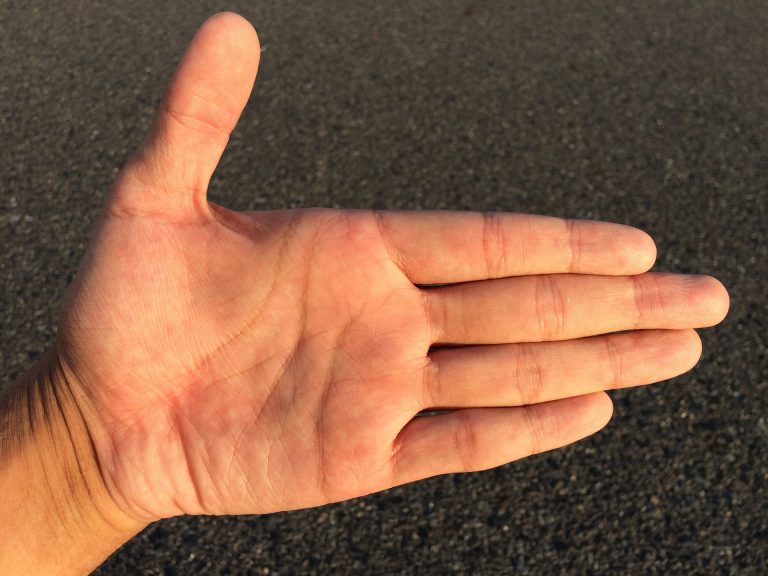Exploring Water Memory: A Comprehensive Analysis of a Homeopathic Theory
Introduction
Water memory is a controversial concept within the field of homeopathy that proposes water has the ability to retain a memory of substances previously dissolved in it, even after those substances have been removed. This idea forms a fundamental basis for the principles of homeopathy, a system of alternative medicine developed in the late 18th century by Samuel Hahnemann. This article delves into the history, scientific investigations, controversies, and current understanding of water memory to provide a thorough examination of this intriguing yet highly debated topic.
Historical Context
The concept of water memory emerged alongside the development of homeopathy in the late 18th century. Samuel Hahnemann, a German physician, formulated the principles of homeopathy based on the notion that “like cures like” and the use of highly diluted substances to stimulate the body’s self-healing abilities.
Key Principles of Homeopathy
- Law of Similars (Similia Similibus Curentur): This principle states that a substance that causes symptoms in a healthy person can, in highly diluted form, treat similar symptoms in a sick person.
- Potentization: Homeopathic remedies are prepared through a process of serial dilution and succussion (vigorous shaking), believed to enhance the therapeutic potency of the substance while eliminating any toxic effects.

Water as a Carrier of Memory
Central to the practice of homeopathy is the belief that water has the capacity to retain a “memory” of the substances it has been in contact with. This memory is thought to be retained in the structure of water molecules, rather than in the chemical composition, and is purported to be responsible for the therapeutic effects observed in homeopathic remedies.
Scientific Investigations and Controversies
The concept of water memory has sparked considerable controversy and debate within the scientific community. Critics argue that the principles of homeopathy, including water memory, contradict established laws of physics and chemistry. Nevertheless, several studies and experiments have attempted to investigate the phenomenon of water memory and its potential mechanisms.
Experimental Evidence
- Benveniste’s Experiment: In 1988, Jacques Benveniste, a French immunologist, published a controversial paper in Nature claiming to have demonstrated the memory of water. He reported that highly diluted solutions of antibodies retained their biological activity, even when diluted to concentrations where no molecules of the original substance were likely to remain.
- Replication Attempts: Subsequent attempts to replicate Benveniste’s findings yielded mixed results. Some studies supported his claims, while others failed to reproduce the effects, leading to questions about methodological rigor and reproducibility.
- Physicochemical Explanations: Proponents of water memory suggest that changes in the structure of water molecules, such as clusters or hydrogen bonding patterns, could theoretically store information about dissolved substances. However, conclusive evidence supporting such mechanisms remains elusive.

Skeptical Perspectives
Skeptics of water memory and homeopathy argue from several perspectives:
- Avogadro’s Number: According to Avogadro’s constant, beyond a certain level of dilution (approximately 12C or 24X in homeopathic terms), the probability of any original molecule remaining in solution is extremely low, suggesting that homeopathic remedies are effectively “water” with no active ingredient.
- Lack of Mechanistic Explanation: Critics assert that no plausible physicochemical mechanism has been identified that could explain how water could retain a memory of dissolved substances in the absence of physical traces of those substances.
- Placebo Effect: Many argue that any perceived therapeutic effects of homeopathic remedies could be attributed to the placebo effect, where the belief in the treatment’s efficacy influences subjective health outcomes.
Current Understanding and Debate
Despite the controversy, proponents of homeopathy and water memory maintain that the practice continues to be popular among patients seeking alternatives to conventional medicine. The regulatory status of homeopathic remedies varies globally, with some countries integrating them into national healthcare systems while others maintain stricter regulations or outright skepticism.
Future Research Directions
The exploration of water memory and homeopathy remains an active area of research and debate. Future efforts could focus on:
- Advanced Analytical Techniques: Applying modern analytical techniques, such as spectroscopy and microscopy, to investigate the structure and properties of highly diluted solutions.
- Biophysical Studies: Conducting biophysical studies to explore potential mechanisms by which water molecules could store and transmit information.
- Clinical Trials: Designing rigorous clinical trials to evaluate the efficacy and safety of homeopathic remedies compared to conventional treatments, accounting for placebo effects and patient-reported outcomes.
Conclusion
Water memory represents a controversial and intriguing concept within the framework of homeopathy, challenging conventional scientific understanding and raising fundamental questions about the nature of water and its potential abilities beyond conventional physics and chemistry. While proponents argue for its therapeutic efficacy based on centuries-old principles and anecdotal evidence, skeptics demand rigorous scientific validation and mechanistic explanations.
In summary, the study of water memory and its implications for homeopathy underscores the complex interplay between tradition, empirical observation, scientific inquiry, and healthcare practice in the modern world.
This article provides an in-depth exploration of water memory as a foundational concept in homeopathy, covering its historical context, scientific investigations, controversies, and current understanding. It aims to inform readers about the complexities and debates surrounding this intriguing yet contentious topic in alternative medicine.

